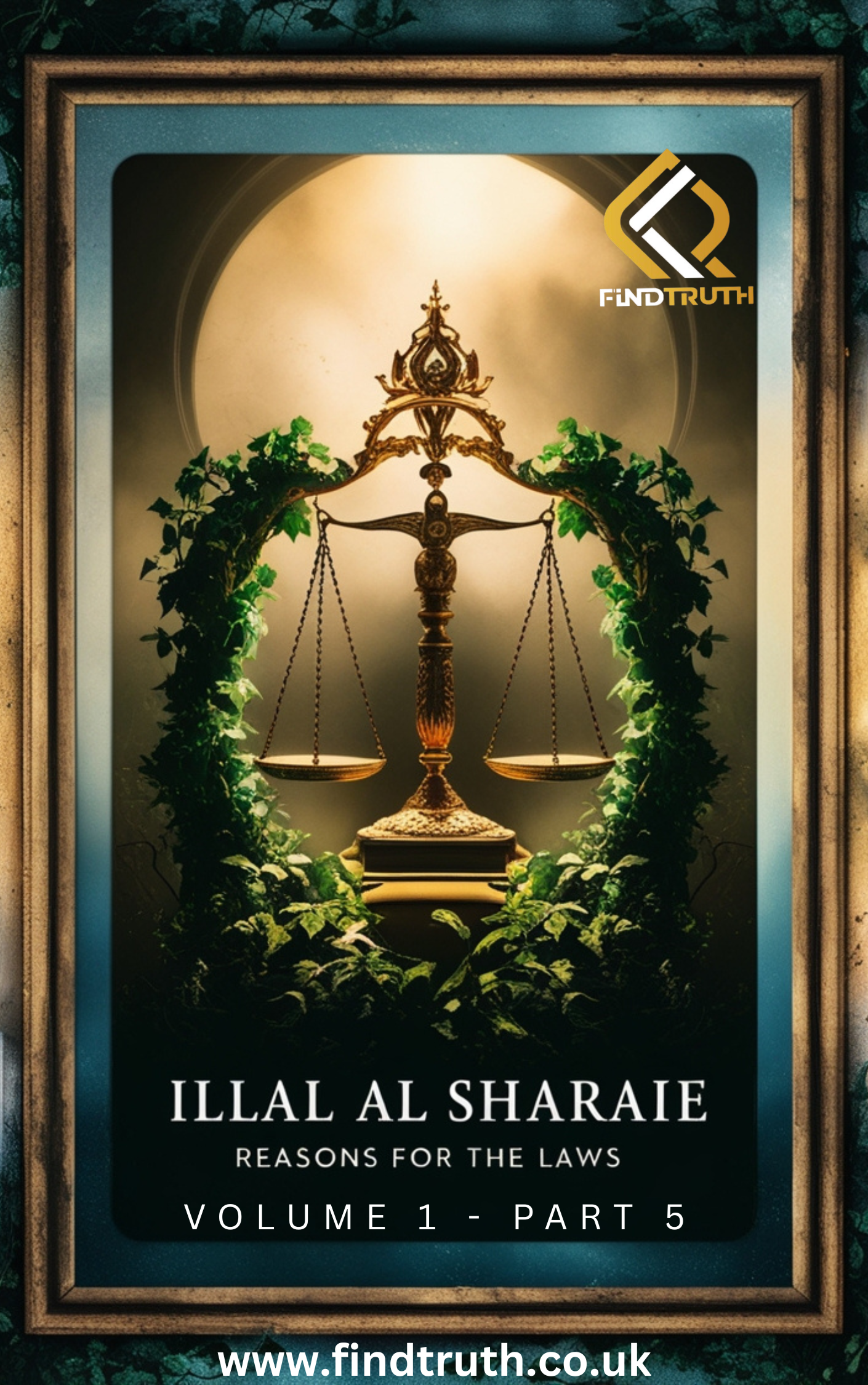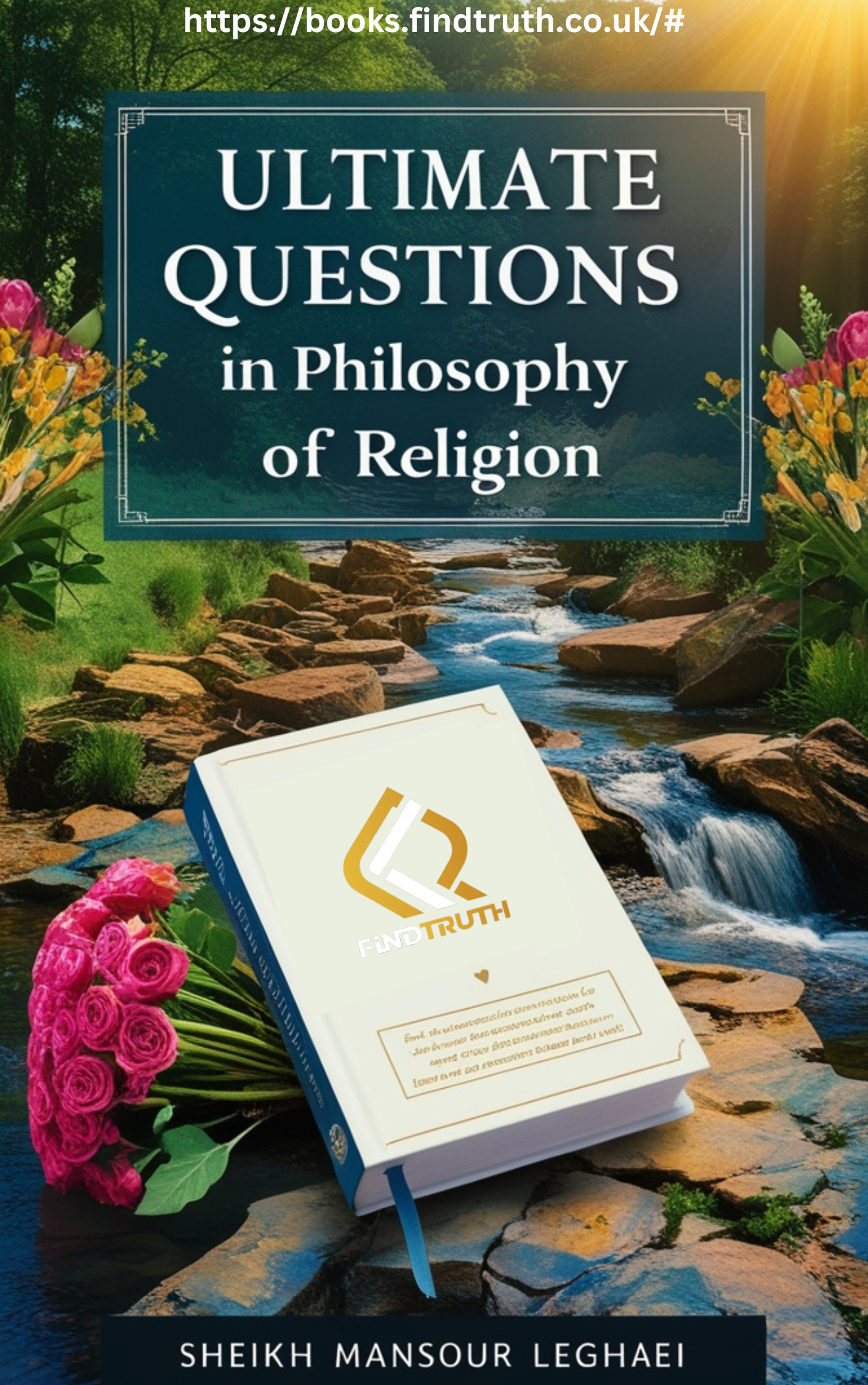Illal Al Sharaie - REASONS FOR THE LAWS - Volume 1 - Part 5
Illal Al-Sharaie - Reasons for the Laws - Volume 1 - Part 5 is part of Sheikh Saduq’s authoritative collection that explores the underlying wisdom and rationale behind Islamic laws. In this volume, Sheikh Saduq analyzes more jurisprudential laws with a focus on their theological, ethical, and social implications. Using Quranic verses, Hadith, and logical arguments, he offers in-depth explanations of how these laws reflect divine justice (Adalah) and serve to promote moral and ethical behavior within society. This part further illustrates the balance between human duties and divine guidance, providing readers with a comprehensive understanding of how these laws contribute to spiritual growth and societal well-being. For students of Islamic law and ethics, this work remains an indispensable resource for understanding the framework of Islamic legal reasoning.











